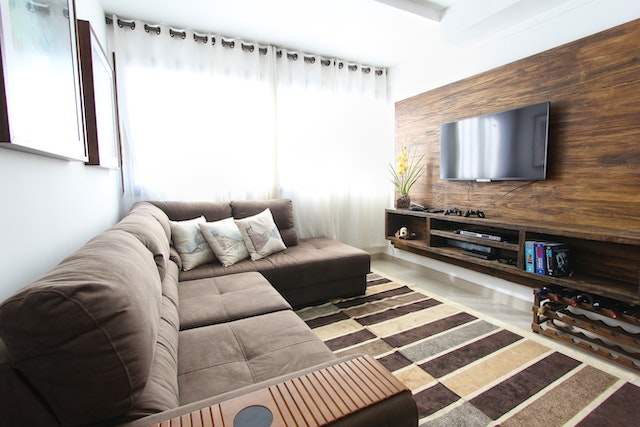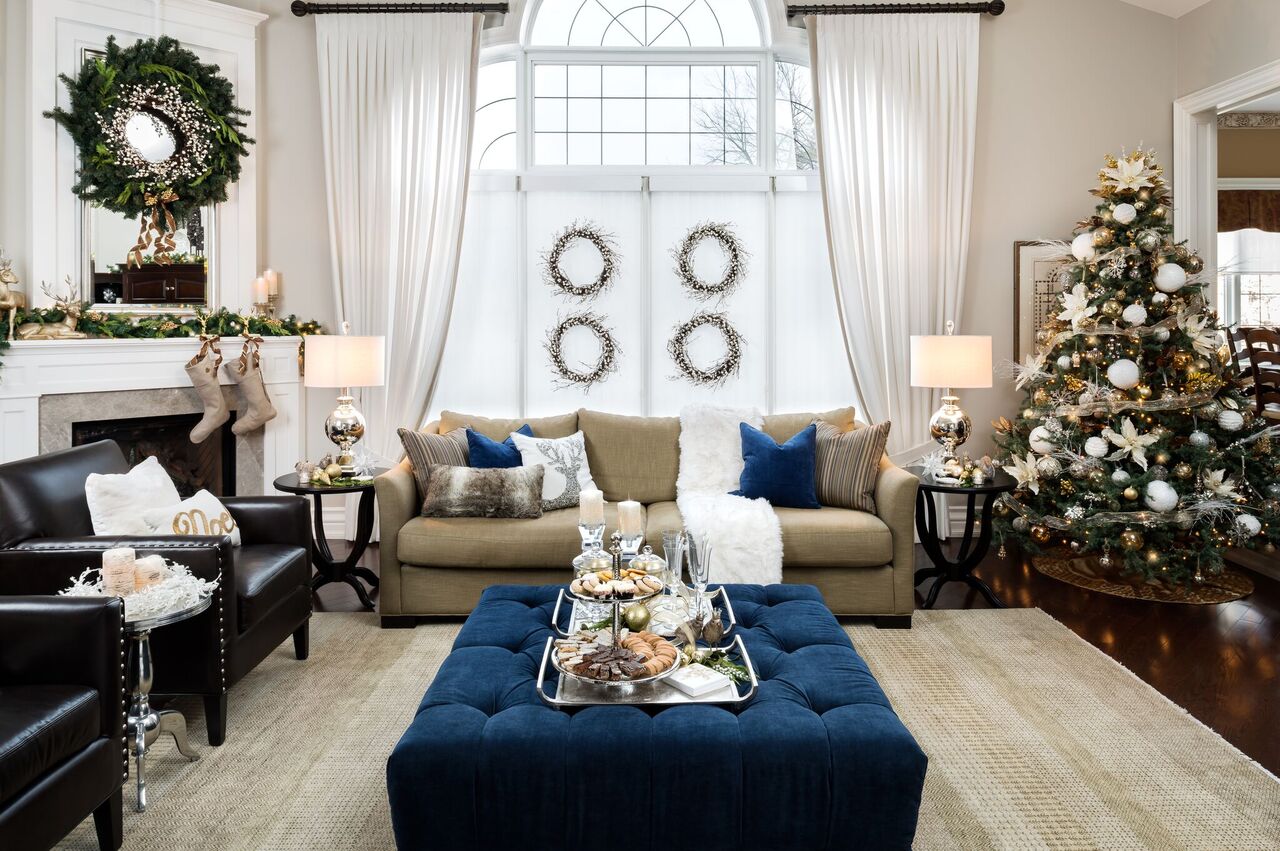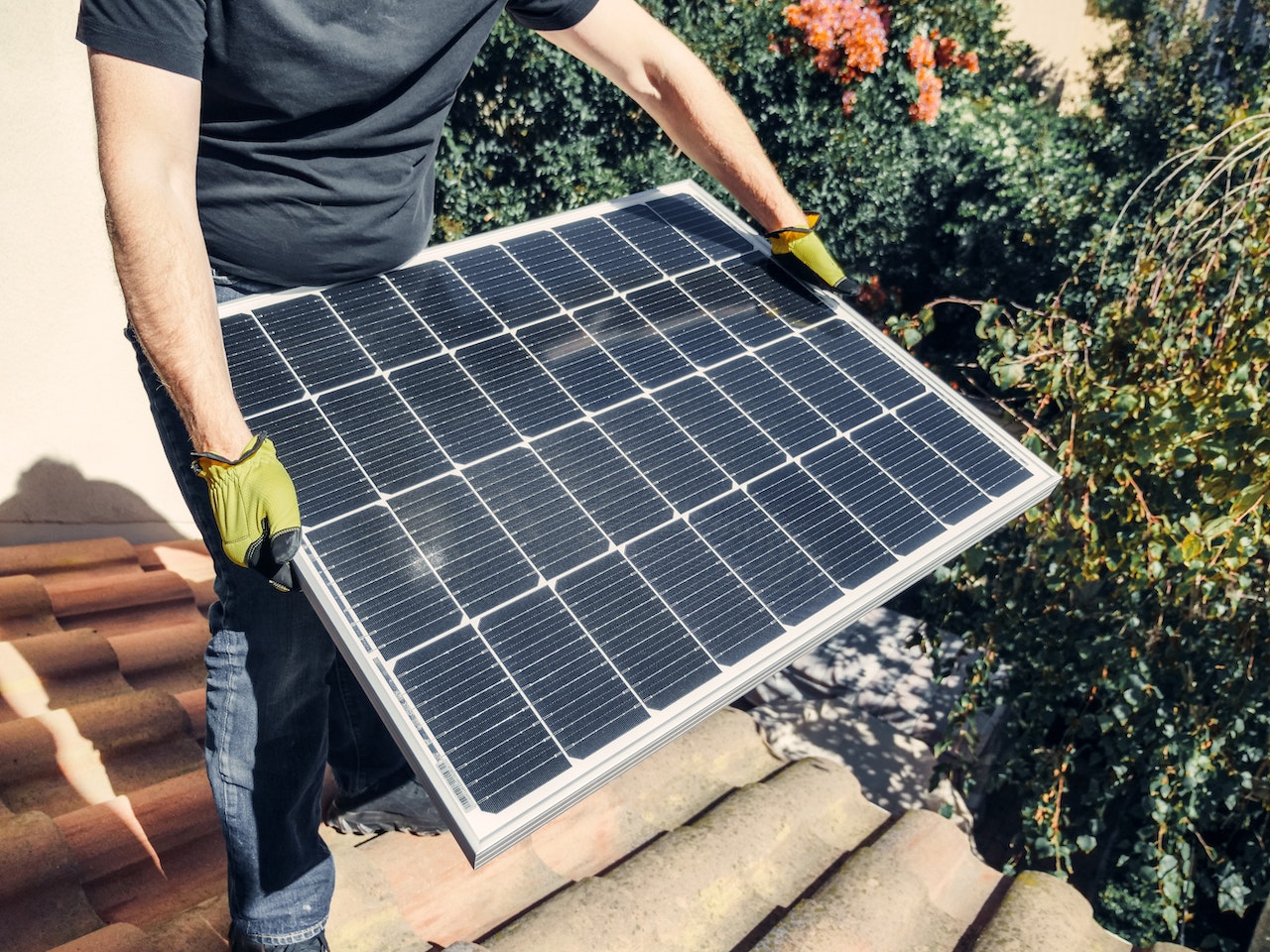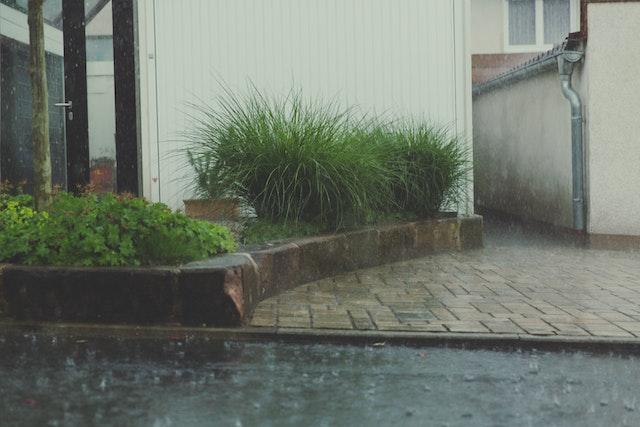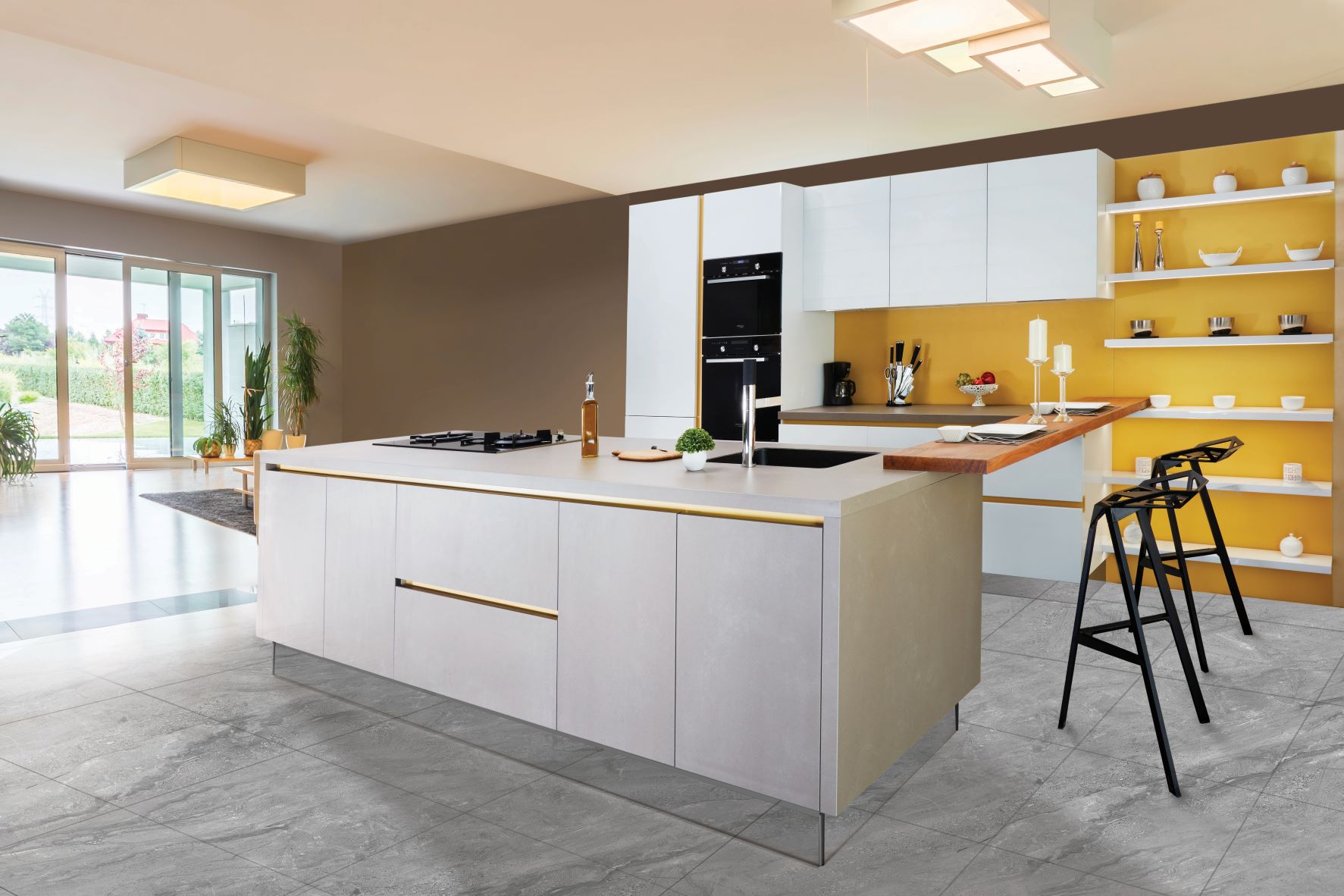Buying a historic home can be an exciting and rewarding experience filled with the allure of nostalgia, charm, and character. However, some special considerations need to be taken into account before you make your purchase. To help ensure a smooth process, here is a guide to the seven things you should consider before buying a historic home! From potential financial challenges to preservation criteria and their impact on design decisions, this checklist will arm you with everything you need to make the best choice for your new piece of history.
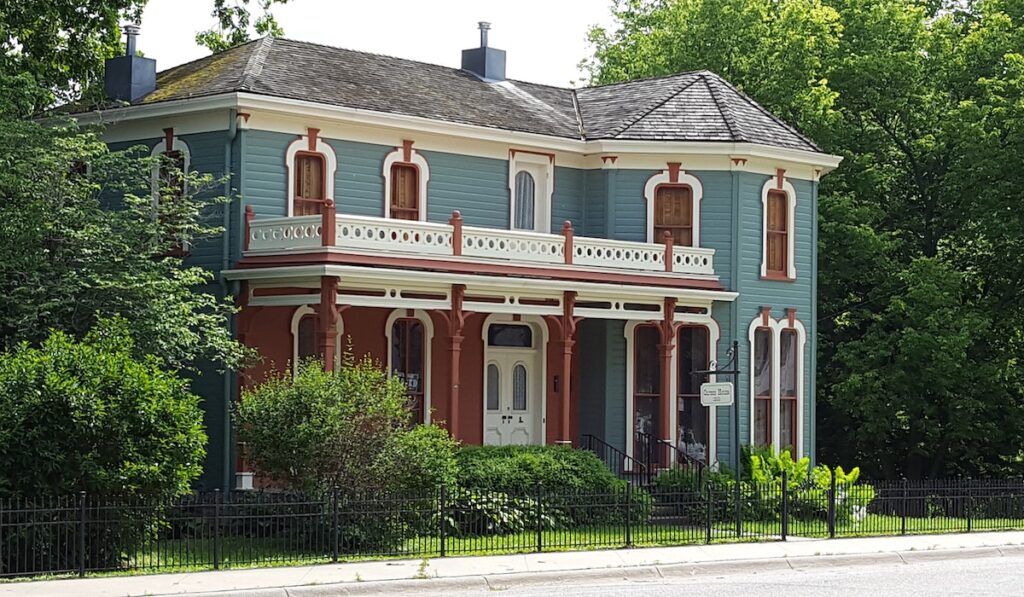
1. Location
When considering the purchase of a historic home, an important factor to weigh is its location. Not only should prospective buyers evaluate their comfort level with the local area, but they should ensure that any possible renovations to the property are not in violation of any kingdom or municipal regulations on historic housing. Additionally, a homeowner needs access to nearby amenities and employment; for those with families, good schools and public transportation may also be factors to consider when choosing a historic home.
2. Condition
When considering the purchase of a historic home, one thing to consider is its overall condition. Flooding is a common issue in certain areas of the country. While many homes can overcome this issue if properly taken care of, historic homes may have unique challenges regarding flooding. It’s important to consider the possibility of working with experts in the home renovation or water damage restoration in Denver before investing in a historic home. Even if the home appears to be in good condition. They could help you get an understanding of what the home actually needs and what it will take.
3. Size
Size is an important element to think about. Not only do you have to consider the overall size of each room and the property’s square footage, but you also need to assess the compatibility of modern items with your new abode. If you want a large flat-screen TV and multiple sofas, chairs, and bookcases, the rooms in your old house may not accommodate them. It’s important to think about what furniture and appliances you need before signing on the dotted line!
4. Cost
When it comes to historic homes, potential buyers should consider the cost. Older homes typically require more maintenance and repairs than newer ones. Not only do buyers need to factor in the actual purchase price, but they should also plan for renovations and decorating costs that may be much higher than expected. It’s important to research how much restoration work has been done on the home or will need to be done before purchasing.
5. Zoning Regulations
Local government often has unique restrictions on what can and cannot be done with these properties, including restrictions on exterior modifications and additions. It is important to acquire documentation such as notes from town hall meetings or an ordinance book to ensure any proposed changes align with local zoning laws to avoid costly and time-consuming setbacks down the road.
6. Taxes
Before purchasing a historic home, it is essential to consider potential tax implications. Remember that taxes on historic properties may sometimes be higher than on more modern homes due to their unique designation in the local community. Depending on where you live, those taxes can range from slightly above normal to significantly higher, so check with a local tax expert to ensure you understand all the details and potentially prohibitive costs before taking the plunge.
7. Maintenance Costs
Owning a historic home also comes with additional maintenance costs that must be considered. For example, many historic homes still have their original windows, which are single-paned and drafty. These will need to be replaced eventually, which can be quite costly. It is also important to factor in the cost of regular painting and repairs necessary to maintain the property’s appearance.
Conclusion
Purchasing a historic home can be incredibly exciting, but it’s important to consider the details before signing on the dotted line. From determining whether or not you want an original or renovated structure to considering the costs associated with upkeep, make sure that you’ve thought through all seven factors before making this big decision. Historic homes are full of character and charm so if you have your eyes set on buying one, remember to factor in all the positive and negative aspects for a long-term plan that works for everyone involved. You can find the perfect fit for your new era among these time-honored domiciles with due diligence and research!
To read more on topics like this, check out the Home & Garden category
